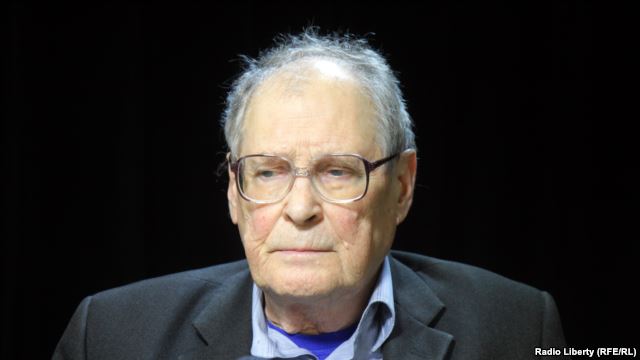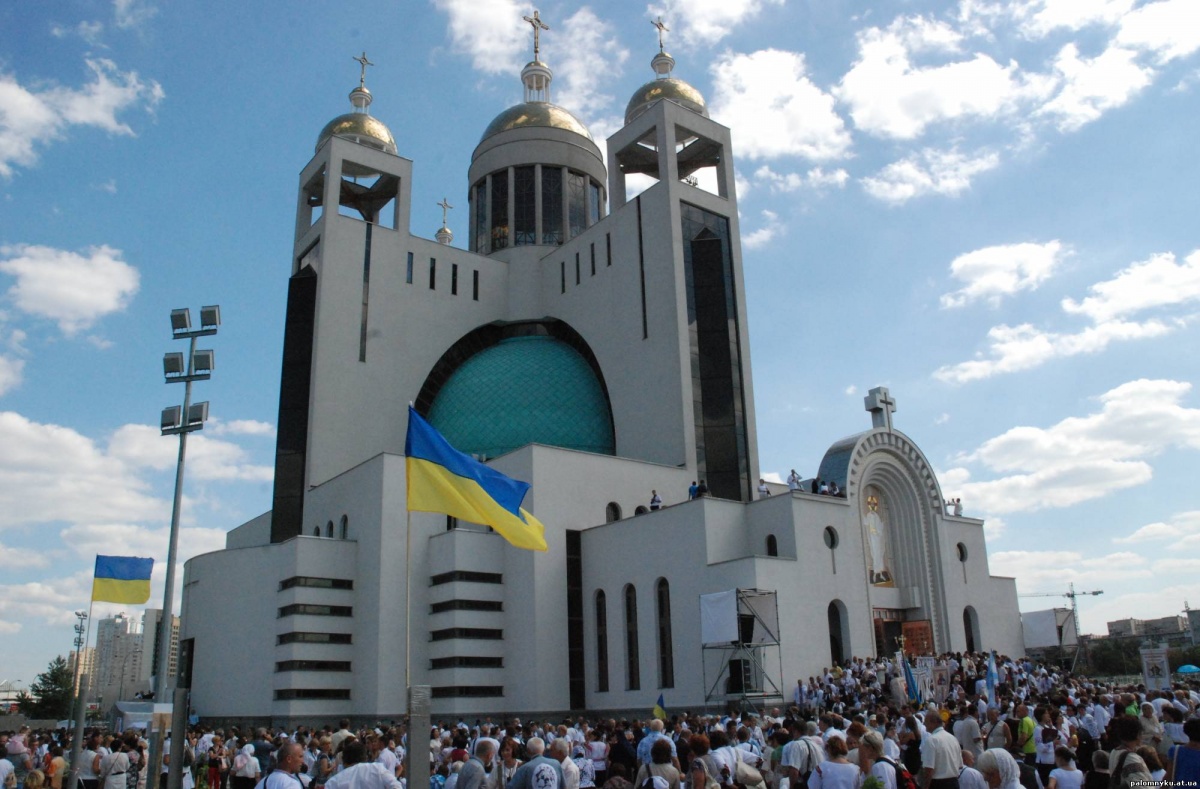Sergey Kovalyev, the head of Memorial, says that he fears that there are many in the Kremlin who believe that the West today would respond to the explosion of a small nuclear device in their countries not with force but rather with a call for negotiations, something that only encourages additional bad behavior on Vladimir Putin’s part.
And that danger is compounded, he suggests, by numerous “examples of Western forgetfulness,” a willingness to forget what Putin has done in the past in the name of somehow getting better relations. No one is talking about Abkhazia and South Ossetia now; soon, they may not be talking about Crimea.
“When you are dealing with a bandit, you must understand that politeness toward him is completely inappropriate,” the human rights campaigner says. “In fact when you speak with him in normal polite language, he considers that he has won. And in that he is thinking correctly,” from his point of view.
“But he is not a candidate for suicide. If he understands that he will not avoid the most decisive response to his boldness, then he will not undertake desperate steps.” Tragically right now, Putin and his regime assume that they can act and that the West will not respond with anything more than words and calls for talks.
And there is no question that Putin is a bandit not only in his actions against Ukraine and Syria but also against Russians, Kovalyev continues. The Memorial head says that he has “very serious suspicions” that Putin is involved in “an extraordinarily large number of murders” while he has been president.
At present, he says, he has “evidence only in two cases – the murder of [Chechen leader Zelimkhan] Yandarbiyev in Kuwait and the murder of Aleksandr Litvinenko in London.” In those cases, it is impossible that advance knowledge of these killings was not known “at the highest levels.”
As for the murder of Boris Nemtsov, Kovalyev says, he can allow that it was “an unasked for gift by Kadyrov,” although he continues that “certain services in Moscow could have suggested that this gift should be given.” But the reluctance of Western governments to push harder for investigations of these crimes will only encourage Putin to think he can commit more.





